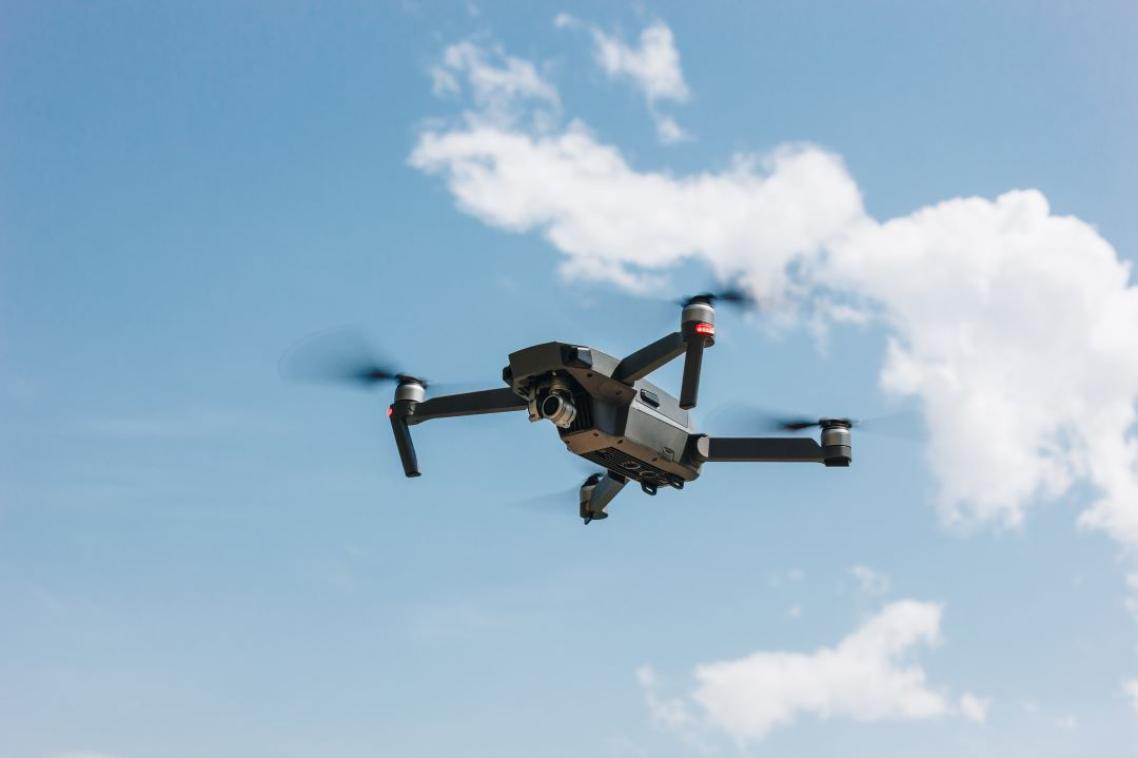Pollen map grant nothing to sneeze at
University of Queensland research into establishing Australia’s first national standardised pollen monitoring program has been boosted by funding from the Allergy and Immunology Foundation of Australasia.
The new foundation, an initiative of the Australian Pollen Allergen Partnership, aims to fill the gap of underinvestment in allergy and immunology research in Australia and New Zealand, and has announced its first two grants.
UQ School of Medicine Lung and Allergy Research Centre Deputy Director Dr Janet Davies said the $30,000 grant would help establish a standardised national pollen monitoring network to accurately forecast exposure to grass pollens that cause allergies across Australia.
“Pollens in the air are what trigger attacks of hay fever and – in many pollen-allergic people – so being able to avoid pollen exposure is important,” Dr Davies said.
“However, while pollen forecasts are seemingly available on a number of websites, they’re not based on real data and are inaccurate in comparison to actual pollen counts produced by our team in Melbourne, Canberra and Sydney.
“Our monitoring network will offer readily accessible and reliable local and current pollen count information to patients and doctors through its website.
“It will also provide patient education material and evidence-based guidelines on pollen allergen exposure risks in different locations.
“Reliable pollen measurements and short-term forecasts of allergenic grass pollen counts will also be sent to the public via websites, apps and media outlets.”
Dr Davies and her team publish pollen forecasts via melbournepollen.com.au and canberrapollen.com.au, and an app for Melbourne has generated more than 20,000 downloads since 2013.
Media: Dr Janet Davies, +61 7 3443 8025, j.davies2@uq.edu.au, or School of Medicine Marketing and Communications Manager Brian Mallon, +61 7 3365 5254, 0403 621 109, b.mallon@uq.edu.au.
Topics
Related articles

Should you consent to your doctor using an AI scribe? Here’s what you should know.

How a drone delivering medicine might just save your life
Media contact
UQ Communications
communications@uq.edu.au
+61 429 056 139
